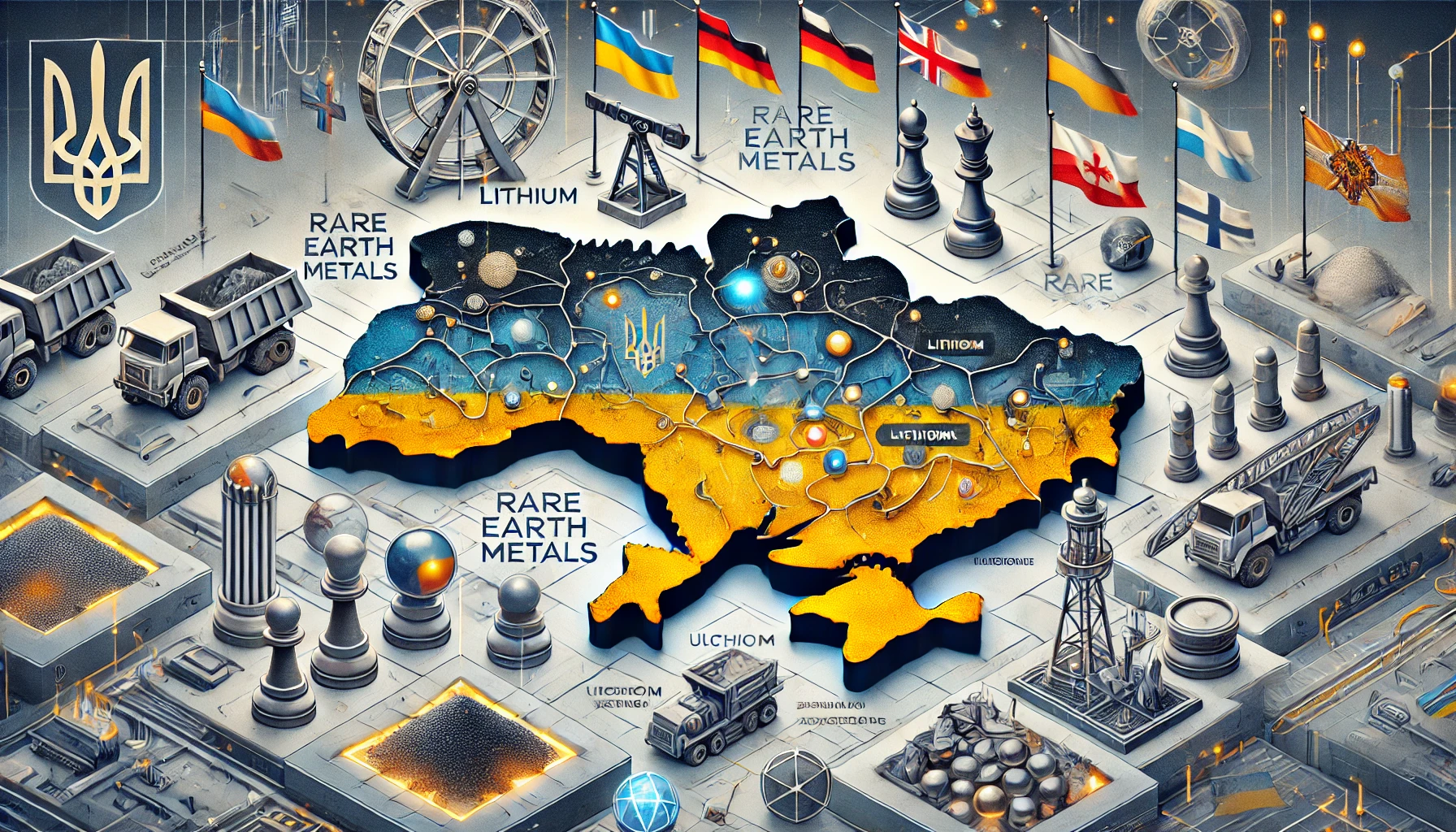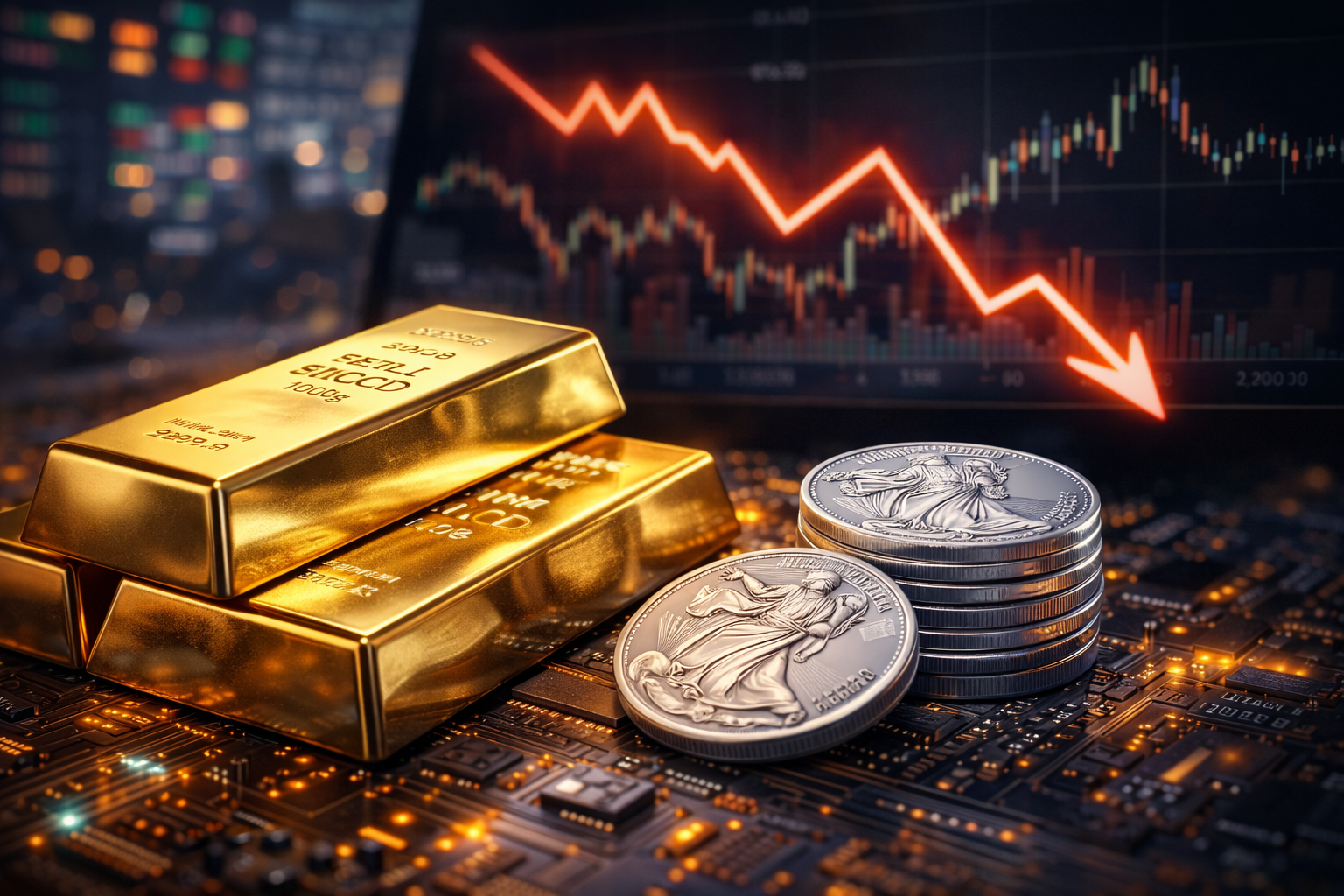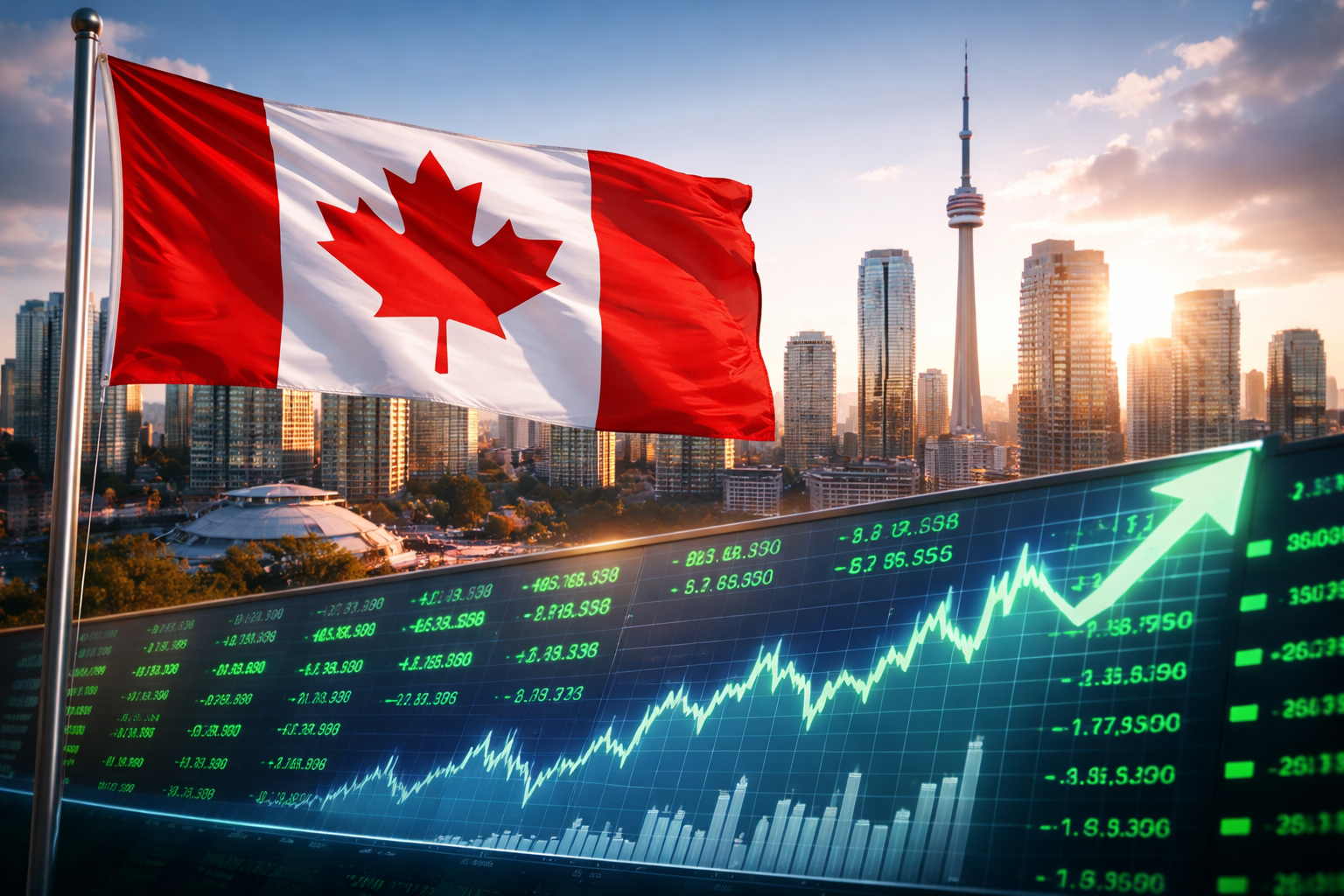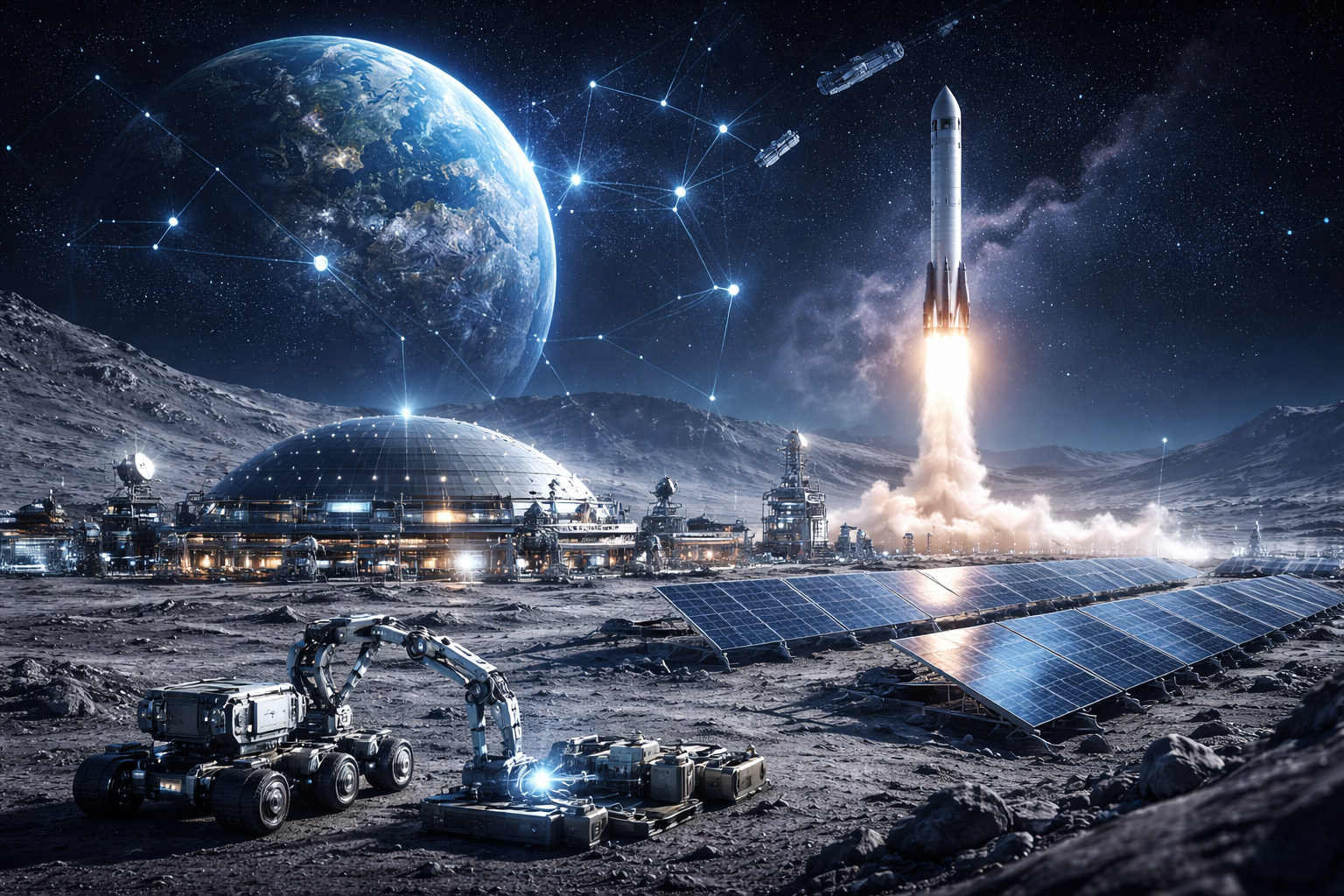In a world increasingly hungry for resources essential to powering the technological and green revolutions, Ukraine has emerged as a geopolitical hotspot not just for its strategic location but for its untapped mineral wealth. Recent statements by U.S. Senator Lindsey Graham have thrust this issue into the limelight, suggesting that beyond the immediate humanitarian and geopolitical tensions, there’s an underlying interest in Ukraine’s vast reserves of rare earth minerals. This narrative, while controversial, invites a deep dive into how natural resources shape international relations, economic strategies, and the global supply chain.
Ukraine’s mineral wealth is not just a footnote in its geopolitical story; it’s a main chapter. According to Forbes, the value of Ukraine’s mineral resources is currently estimated at $14.8 trillion, with significant deposits of rare earths, lithium, and titanium among others, critical for high-tech and green industries.
Senator Lindsey Graham’s comments have sparked considerable discussion on platforms like X (formerly Twitter). Users like @Kevin_Shipp have reacted, stating, “CIA coups are done to get the country’s oil and minerals. Dismantle the CIA. ‘This war is about money’: Sen. Lindsey Graham says Ukraine can pay back United States through rare minerals” (), highlighting skepticism and a critical view of foreign policy motives. Similarly, @BillowKerrow has echoed this sentiment, “US Congressman Lindsey Graham: ‘our war in Ukraine is about the trillions of dollars in rare earth minerals there.. will make US richer…’ Those who think US war with Russia over Ukraine is about democracy need to see their doctor.
The economic implications for the metals and mining sector are profound. Articles on platforms like Kyodo News have discussed how the war in Ukraine has impacted global supply chains, particularly for critical minerals. The geopolitical risk firm SecDev’s analysis, as reported by The Washington Post, underscores how Russia’s occupation of eastern Ukraine has given it control over some of the most mineral-rich lands in Europe, potentially affecting global supply dynamics
Investment in Ukraine’s mining could see a surge, with the country offering auctions for mineral extraction rights, as noted in “Ukraine’s mineral wealth and global markets” (). However, this interest also brings ethical and sovereignty concerns to the forefront. The Washington Post article “In the Ukraine war, a battle for the nation’s mineral and energy wealth” () discusses how the control of these resources could strategically undermine Ukraine’s economy.
The narrative around U.S. interest in Ukraine’s minerals has fueled debates about the true motivations behind international involvement in the conflict. On X, @Kanthan2030 criticizes the timeline of U.S. actions, suggesting that if minerals were the goal, cooperation could have been fostered long before the conflict escalated (). This highlights a broader conversation about ensuring aid, both military and economic, does not merely serve as a cover for resource exploitation.
Videos on platforms like YouTube have also captured the essence of this discussion, with geopolitical commentators like those from the Geopolitical Economy Report analyzing the strategic importance of Ukraine’s minerals in the context of global economic warfare and the push for green energy ().
The story of Ukraine’s mineral resources is a microcosm of how the global quest for critical minerals might shape future conflicts, alliances, and economic shifts. It’s a reminder that beneath the surface of any conflict, there often lies a rich tapestry of economic, environmental, and strategic interests. As the situation evolves, investors, policymakers, and the public must navigate these complex waters with an eye towards not only economic benefits but ethical considerations and long-term geopolitical stability.





